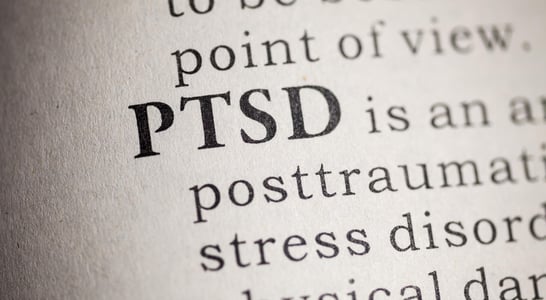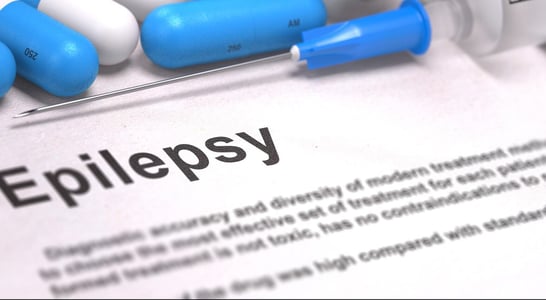
National Obesity Awareness Week
Promoting health and wellness, understanding the impact of lifestyle on well-being becomes crucial for public awareness.
National Obesity Awareness Week is a necessary interruption of our fast-paced lives. Many of us live in a world where convenience often trumps health, creating a problem that’s now affecting millions worldwide — obesity. This week-long event is dedicated to increasing public awareness about obesity, its health risks, and the steps we can take to combat it.
History of National Obesity Awareness Week
For thousands of years, obesity was not a problem for humans. Growing and hunting for food took a lot of effort, so our ancestors expended calories in food procurement. They also ate moderately, spreading out their food supply to make it last.
Widespread obesity as a societal concern only goes back for the last few hundred years. For instance, voluptuousness was often celebrated in Renaissance art and literature, reflecting a stark contrast to earlier generations. The 1700s marked an additional turning point. That was when advancements — like understanding crop rotation — led to a more abundant food supply, inadvertently increasing human body size.
However, the more widespread struggle with obesity began to surface globally in the 1950s, when scientists learned about gene modification and hydroponics. With more accessible food and technology leading to increasingly sedentary lifestyles, obesity rates began to climb, signaling a need for awareness and action.
The World Health Organization (WHO) recognized obesity as a global epidemic in 1997.
National Obesity Awareness Week arose as a response to this escalating health crisis. It’s when professionals highlight the prevalence of obesity and educate the public on how to prevent or manage it. This initiative underscores the importance of an ongoing effort in reversing this epidemic.
How to Celebrate National Obesity Awareness Week
Celebrating National Obesity Awareness Week means more than mere acknowledgment. Rather, it’s about how we can take actionable steps toward a healthier lifestyle. Here are some ways to participate:
Prioritize Fitness
Embrace physical activity as a cornerstone of your daily routine. This doesn’t necessarily mean grueling gym sessions; it can be as simple as a brisk walk in the park, a fun dance class, or a rejuvenating yoga session. The key is finding an exercise you enjoy, making it less of a chore and a delightful habit. Remember, consistency is more important than intensity. Regular moderate exercise can significantly improve cardiovascular health and aid in weight management.
Set Achievable Goals
Begin with small, realistic objectives. This could mean opting for healthier snacks, reducing food and caloric-beverage portions, or setting a target of 10,000 steps daily. Gradual changes are more sustainable and less overwhelming. Celebrate small victories along the way to stay motivated. Remember, the journey to better health is a marathon, not a sprint.
Healthy Eating Habits
Focus on preparing balanced meals rich in nutrients. Incorporate a variety of vegetables, fruits, whole grains, and lean proteins into your diet. Experiment with recipes to make healthy eating enjoyable. Reducing intake of processed foods, sugary snacks, and high-calorie beverages can profoundly impact your overall health. Mindful eating practices can include behaviors like paying attention to hunger cues and eating without distractions. Each of these can promote a healthier relationship with food.
Educate and Spread Awareness
Spend some time during National Obesity Week to deepen your understanding and inform others about the risks of obesity and its prevention strategies. Share resources from professionals, organize or participate in community health workshops, or engage in online forums discussing obesity prevention. Knowledge is power. Do your part — spreading information can help create a more informed and health-conscious community.
Support and Encouragement
If you know someone struggling with obesity, offer a listening ear, encouragement, and understanding. Sometimes, having someone to talk to can make a significant difference in someone’s ability to make long-lasting life changes. Be empathetic and avoid judgment. Instead, focus on positive reinforcement and celebrate their efforts and progress.
Advocate for Healthier Environments
Advocate for changes in your community that promote a healthier lifestyle. This could include supporting local farmers’ markets, advocating for better recreational facilities, or working towards more walkable and bike-friendly neighborhoods. A supportive environment can make it easier for individuals to make healthier choices.
Participate in or Organize Events
Join or organize events such as health fairs, fun runs, or cooking classes to promote a healthier living. These events can be great opportunities to connect with others who share your health goals, learn new things, and find motivation.
Mindfulness and Mental Health
Learn more about the importance of mental health in the battle against obesity. Practices like mindfulness and meditation can reduce stress and improve emotional well-being. These are critical when making and maintaining healthy lifestyle changes. Consider joining or starting a support group to share experiences and challenges in a safe and supportive environment.
Implementing these practices during National Obesity Awareness Week, helps each of us to make significant progress toward a healthier lifestyle for ourselves and our communities.
Also on ...
View all holidaysNational Milk Day
Whether cow, goat or oat, enjoy this refreshing drink, visit a dairy farm to see how it’s made or whip up some butter and cheese at home.
Kiss a Ginger Day
Get up close and personal with a redhead, show appreciation for the gingers in your life or give your hair some TLC with styling and products.
National Rubber Ducky Day
Treat yourself to a fun bath time toy, attend a convention to admire people’s collections or race these bobbing birds to raise funds for good causes.
We think you may also like...
National Disability Independence Day
Empowering autonomy, embracing unique abilities, and fostering inclusivity create a world where independence flourishes beyond limitations.
National PTSD Awareness Month
Take some time to understand the devastating effects of PTSD, as well as the potential causes and warning signs. Help raise awareness for those going through it.
SUDEP Action Month
Don’t just raise awareness: on SUDEP Action Month, take actions to help all of society understand sudden death from epilepsy and how to mitigate the risk.








